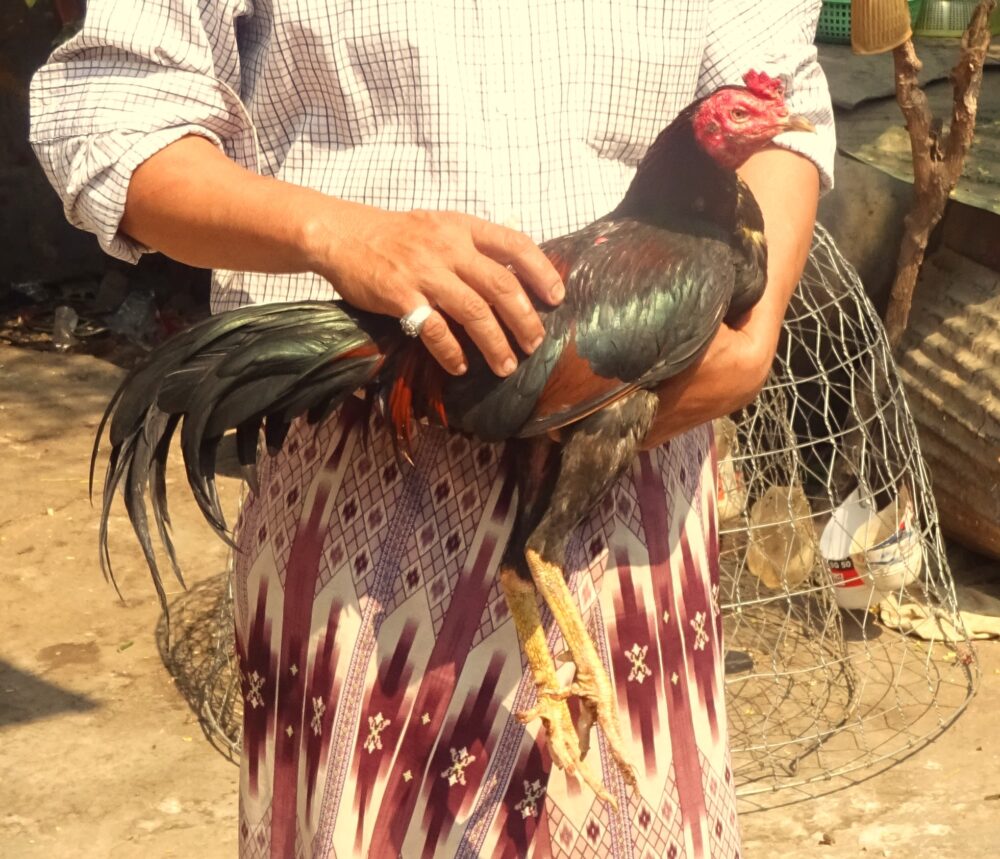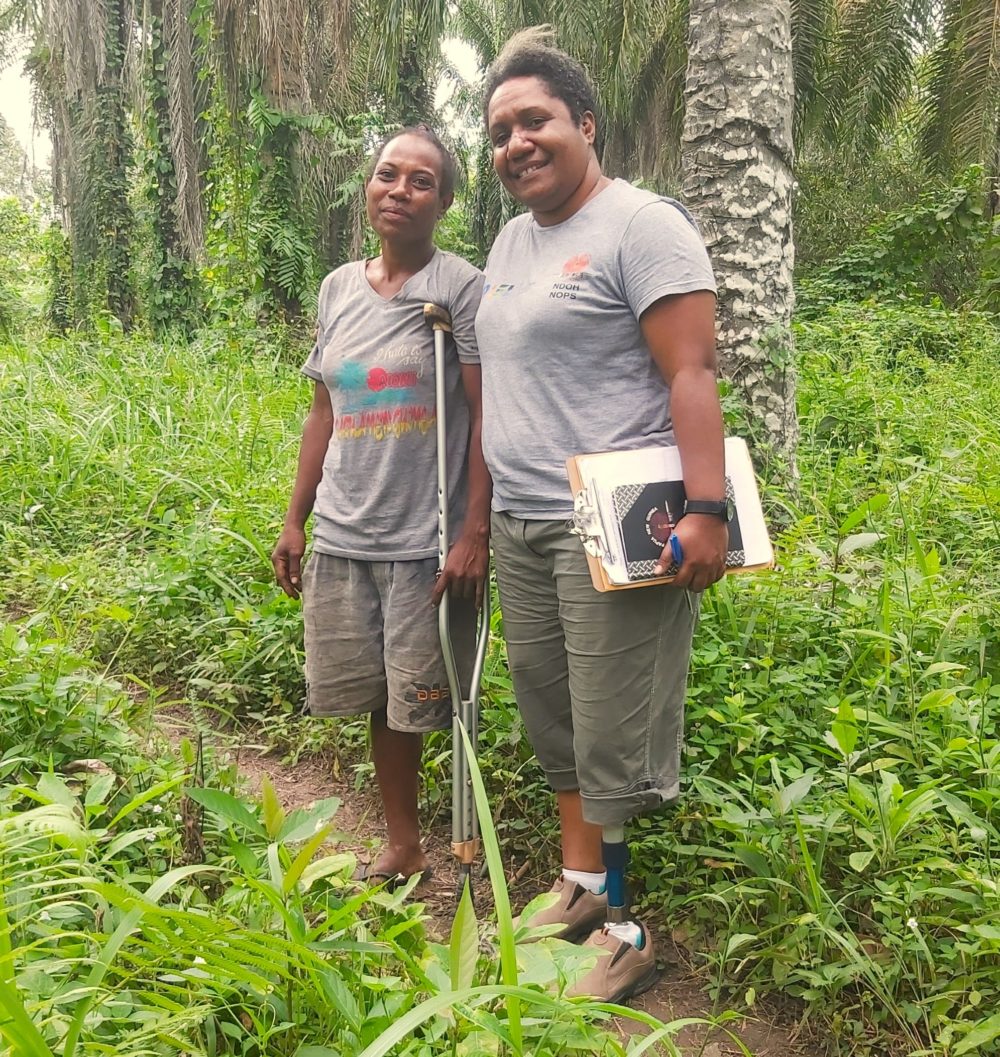By Neena Bhandari
Brisbane, 28.07.2023 (SciDev.Net): Climate change-driven extreme weather events, sea level rise, changes in temperature, and air and water pollution are impacting control of HIV in the Asia Pacific region, a science gathering heard.
The warning comes amid unprecedented heatwaves, as the UN warns the world has already warmed by 1.1 degrees Celsius since pre-industrial times.
“Those most affected by climate change are also those most prone to communicable diseases,” said Kiyohiko Izumi, team leader for HIV, viral hepatitis and sexually transmitted infections in the World Health Organization’s (WHO) Western Pacific Regional Office. “Climate change and related disasters as upstream factors can affect all aspects of HIV, primarily leading to the increased vulnerability to HIV and decreasing coping ability,”
Izumi was speaking at a session on how climate change is impacting the control of HIV in the Asia Pacific region, organised by WHO during the 12th International AIDS Society Conference on HIV Science, held in Brisbane, Australia, this week (23-26 July).


